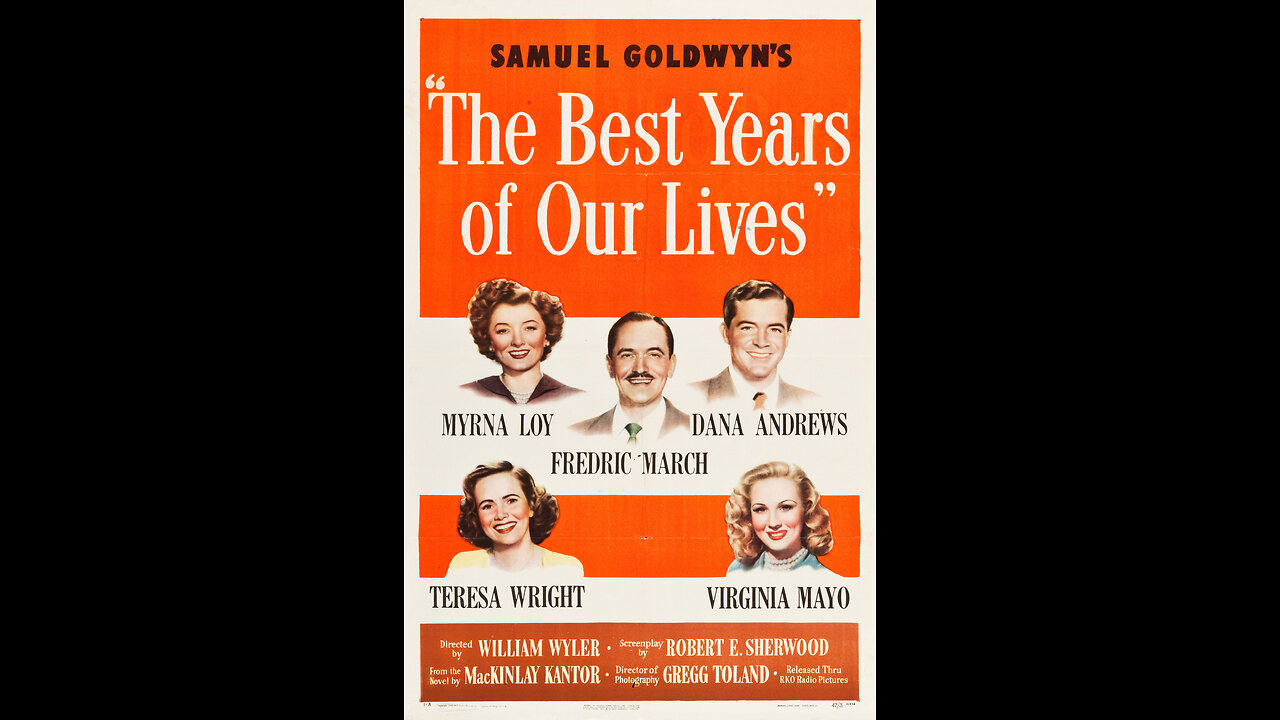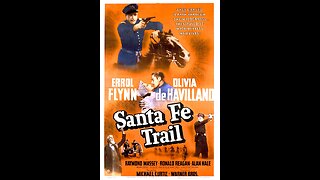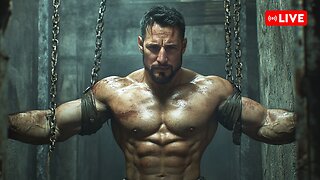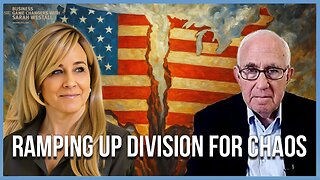Premium Only Content

The Best Years of Our Lives (1946) | Directed by William Wyler
This acclaimed postwar drama follows three World War II veterans returning to their small hometown and struggling to readjust to civilian life. Each man faces deeply personal challenges—physical disability, economic hardship, and strained relationships—while the community around them also grapples with the aftermath of war. The film explores themes of resilience, alienation, and the emotional cost of conflict with unflinching honesty.
Genre: Drama
Director: William Wyler
William Wyler (1902–1981) was a German-born American director and producer, widely regarded as one of Hollywood’s finest craftsmen. Known for his meticulous attention to detail and ability to elicit powerful performances, Wyler’s career spanned from the silent era to the 1970s. He won three Academy Awards for Best Director, with works including Mrs. Miniver, Ben-Hur, and The Best Years of Our Lives. His films are noted for their humanity, depth, and technical precision.
Star cast:
* Myrna Loy as Milly Stephenson
* Fredric March as Al Stephenson
* Dana Andrews as Fred Derry
* Teresa Wright as Peggy Stephenson
* Virginia Mayo as Marie Derry
* Harold Russell as Homer Parrish
* Cathy O’Donnell as Wilma Cameron
Upon release, the film received widespread critical acclaim for its sensitive portrayal of returning veterans and the real struggles they faced. It resonated deeply with audiences in postwar America, becoming a major box-office success. Critics praised Wyler’s direction, the naturalistic performances, and the film’s emotional impact. It won seven Academy Awards, including Best Picture, Best Director, and Best Actor for Fredric March, while Harold Russell—himself a double amputee veteran—won both Best Supporting Actor and an honorary Oscar for inspiring hope.
Fun facts:
* Harold Russell was not a professional actor but a World War II veteran who lost both hands in a training accident; his casting brought authenticity to the role.
* The film was based on the novella “Glory for Me” by MacKinlay Kantor, which was originally written in verse form.
* Wyler himself was a returning veteran when he made the film, having served as a major in the U.S. Army Air Forces during the war.
* The production used real locations in the fictional town’s depiction, avoiding excessive studio sets for greater realism.
* The film’s critical and commercial success helped shape Hollywood’s postwar approach to socially conscious storytelling.
* This Rumble Movie Channel is comprehensively indexed on https://kinoquick.com - find you favourite movies fast & free!
* Follow this channel to be notified of daily movie updates.
-
 1:49:35
1:49:35
Classic Films & Movies Archive
8 days agoSanta Fe Trail (1940) | Directed by Michael Curtiz
149 -
 LIVE
LIVE
Inverted World Live
3 hours agoEpstein Worked for CIA According to OMG Reporting | Ep. 114
18,237 watching -
 3:14:39
3:14:39
TimcastIRL
3 hours agoTrump DOJ Indicts James Comey, The ARRESTS Have BEGUN | Timcast IRL
230K208 -
 LIVE
LIVE
SpartakusLIVE
5 hours ago#1 Hulking MASS squashes NOOBS for viewers’ DELIGHT
850 watching -
 1:32:21
1:32:21
The Charlie Kirk Show
3 hours agoTHOUGHTCRIME Ep. 98 — The Comey Indictment? Antifa Agenda? Charlie and the Cubs?
55K45 -
 1:04:56
1:04:56
Sarah Westall
3 hours agoPolitical Assassinations, Targeted Hit Lists - Manufactured Chaos w/ Harley Schlanger
21.6K10 -

Flyover Conservatives
9 hours agoThe “J Walker” Secret: One Daily Habit That Shifts an Entire City - Tammy Hotsenpiller | FOC Show
17.3K2 -
 2:12:02
2:12:02
Mally_Mouse
6 hours ago🎮Throwback Thursday! Let's Play: Wii Sports Resort!
15.1K2 -
 LIVE
LIVE
Akademiks
3 hours agoATLANTA IS BACK. Young Thug and YFN best buddies now. ATL backs Thug officially!
1,236 watching -
 LIVE
LIVE
Reolock
4 hours agoWoW Classic Hardcore | 3 LEVELS REMAIN
32 watching